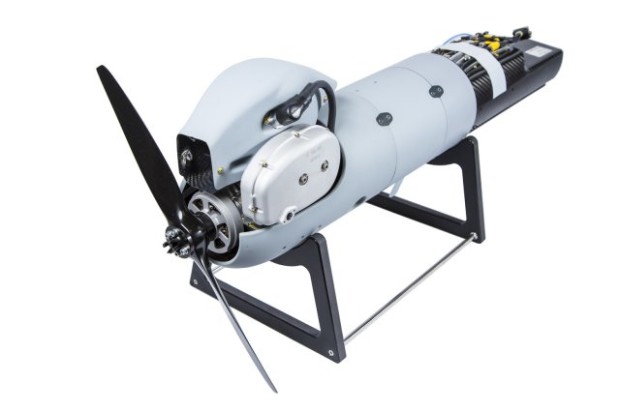Perth unmanned aerial vehicle engine manufacturer Orbital UAV is heading for a loss of around AUD 7 million (USD 4.75M) for FY 22 due to issues with its dominant customer, Boeing subsidiary Insitu.
Orbital revealed in February that Insitu had terminated its third engine program under its long term supply agreement with Insitu.
Production volumes for the two engine types the company already manufacturers for Insitu were unchanged.
Now Orbital has told investors that the Insitu move has impacted:
- The transition of production activities for the second Boeing Insitu engine model from the USA to Australia
- And reduced income via the company’s WA government loan offsets that were linked to the achievement of milestones related to Insitu programs.
Insitu is also contesting Orbital’s claim for $1.8 million in costs incurred in the development of the third engine program. Orbital is pursuing the full recovery of the amount claimed.
The company expects unaudited revenues of $19 million for FY22 and a net loss of $7 million.
Orbital has arranged an unsecured standby working capital facility of $1 million from shareholder UIL Limited to support its working capital position.
Orbital has long recognised the perils of its heavy reliance on Boeing, and has embarked on a campaign to attract new engine customers.
This has seen it win new engine development contracts with US Navy supplier Skyways, Textron Systems, Anduril Industries and a Singaporean defence industry customer.
Orbital said: “Each engine development represents mid-term growth opportunities and demonstrates the growing reputation Orbital UAV has built within the global uncrewed defence aerospace market that continues to present a positive outlook.
“…Orbital UAV is confident that current engine development relationships have the potential to graduate to multi-year engine production contracts with significant opportunity for future revenue and profit growth.”
Late last year the company announced an expansion of its Balcatta, Perth factory following award of a AUD 195,000 defence global competitiveness grant.
Source: AuManufacturing

